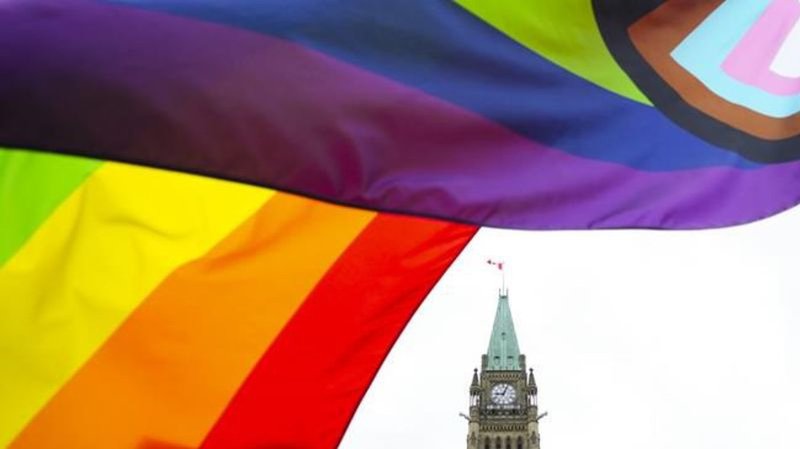
Attacks on LGBTQ community largely influenced by events in the U.S.: advocates
Wilbur Turner has witnessed his fair share of hate since he came out as a queer man 27 years ago in Alberta.
He’s seen it from pockets of the Christian right and from the then-Progressive Conservative government in his home province when it opposed same-sex marriage in the mid-2000s.
In the years since, documented attacks against the LGBTQ community have ebbed and flowed and moved from mostly behind closed doors to public spaces like schools and libraries.
Turner, the founder of LGBTQ rights group Advocacy Canada, said recent events in Canada have been largely influenced by what’s been happening south of the border.


